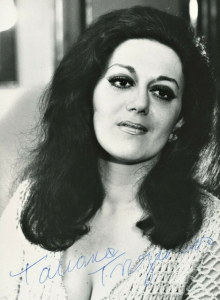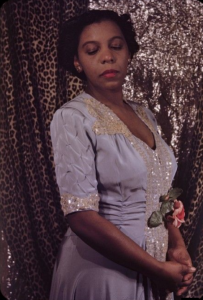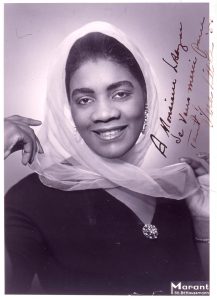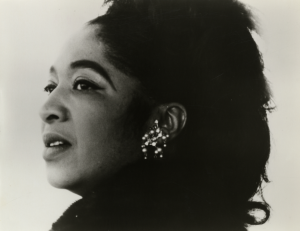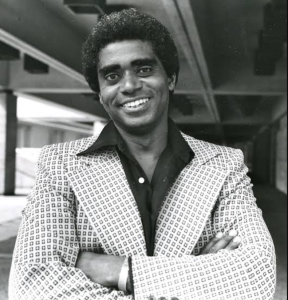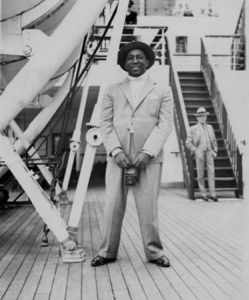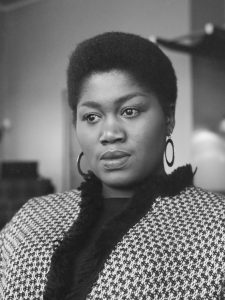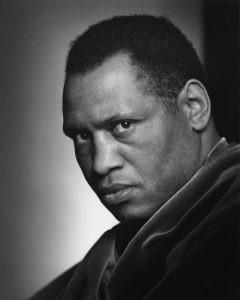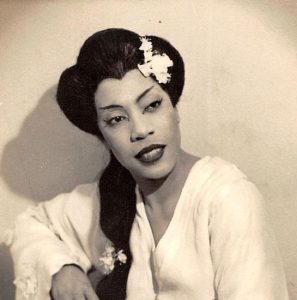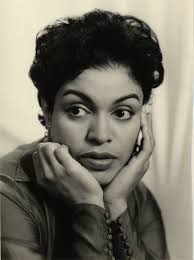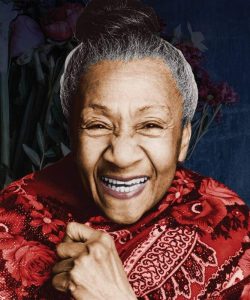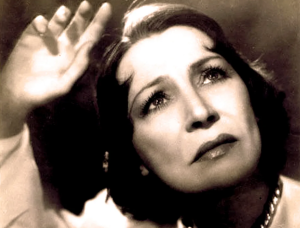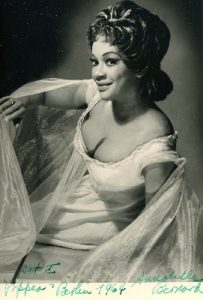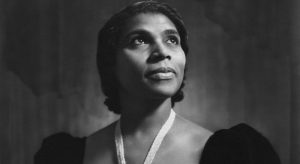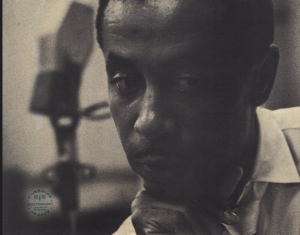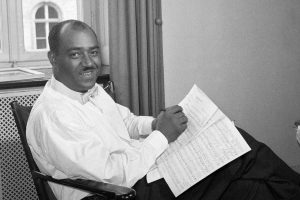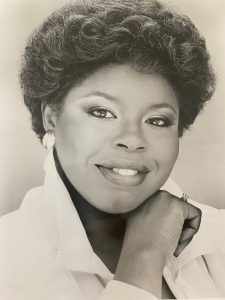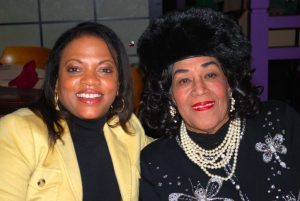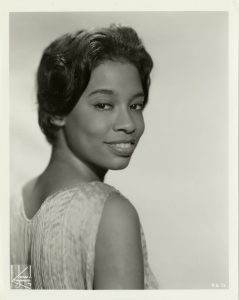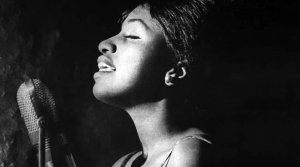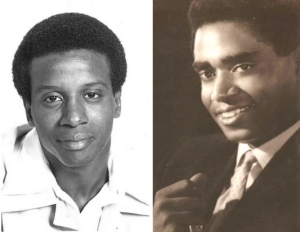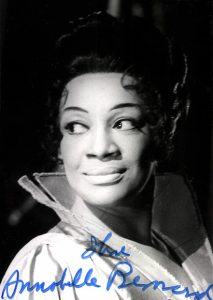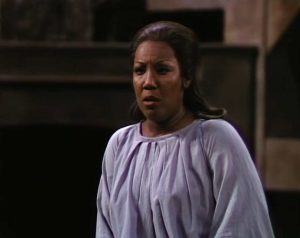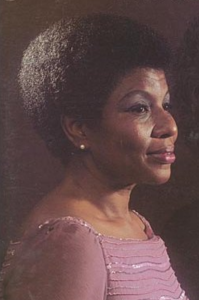Podcast: Play in new window | Download (Duration: 1:32:00 — 101.1MB) | Embed
Subscribe: Spotify | TuneIn | RSS | More
If you, like many of us, are struggling to find things to be grateful for this Thanksgiving, I have put together an episode featuring a national (and international) treasure, the exquisite soprano Roberta Alexander. In fact, I could just as easily have entitled this episode “Giving Thanks FOR Roberta Alexander.” Roberta has been featured many times on the podcast and I’m thrilled to bring her to you yet again in a refurbished bonus episode from the summer of 2023. Three works are foregrounded: first is Samuel Barber’s dramatic scena Andromache’s Farewell, which was composed for Martina Arroyo for the inaugural season of the New York Philharmonic at its new home at Lincoln Center. The recording featuring Roberta and conductor Edo de Waart is from the year 1993. There follows a complete performance (one of the finest in my experience) of Aaron Copland’s song cycle Twelve Poems of Emily Dickinson, his most extended solo vocal work, heard in a 1990 recording with British pianist Roger Vignoles. And finally, the crowning jewel: a live performance of Roberta Alexander in her youthful prime singing Richard Strauss’s Four Last Songs. To my ear, this represents the perfect meeting of composer and artist, a near-ideal rendition of these songs, and one which is not readily available anywhere else on the interwebs. This episode is further interspersed with jewels from Roberta’s 1985 recording of songs by Leonard Bernstein, all of which are exquisitely (as well as sometimes painfully) appropriate at this moment in the history of the United States and provide us with food for thought as we observe with solemnity this iconic holiday.
Countermelody is a podcast devoted to the glory and the power of the human voice raised in song. Singer and vocal aficionado Daniel Gundlach explores great singers of the past and present focusing in particular on those who are less well-remembered today than they should be. Daniel’s lifetime in music as a professional countertenor, pianist, vocal coach, voice teacher, and journalist yields an exciting array of anecdotes, impressions, and “inside stories.” At Countermelody’s core is the celebration of great singers of all stripes, their instruments, and the connection they make to the words they sing. By clicking on the following link (https://linktr.ee/CountermelodyPodcast) you can find the dedicated Countermelody website which contains additional content including artist photos and episode setlists. The link will also take you to Countermelody’s Patreon page, where you can pledge your monthly support at whatever level you can afford.

